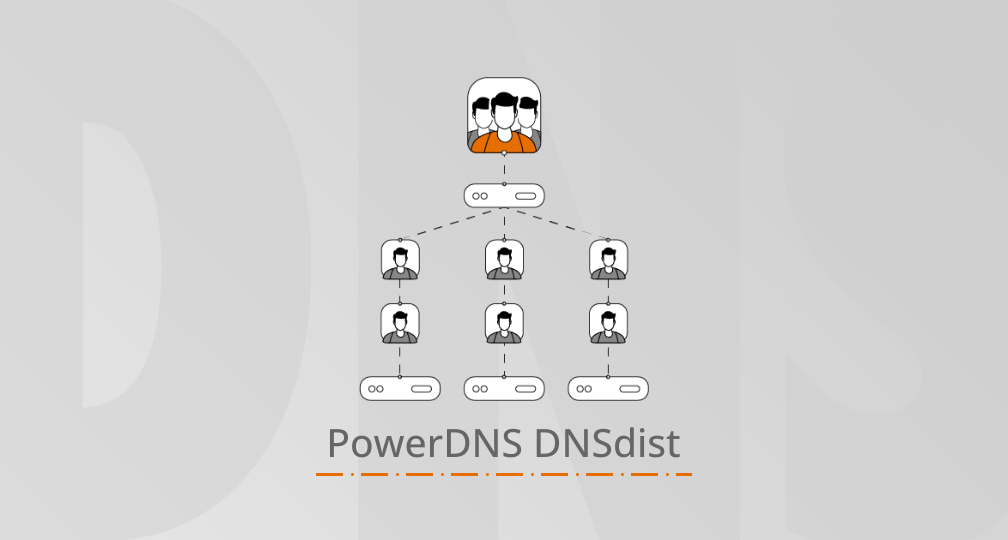
This week Tim Berners-Lee launched his planned contract for the online world, dubbed the Magna Carta for the web, but as concerns over the implications for free speech emerge, a domain name Bill of Rights has also been proposed.
The proposed contract for the web is, according to Berners-Lee, designed to “fix” the twin issues of online abuse and risk and the challenges faced in getting the rest of the world online. This included addressing the “undercurrents of hated-filled untruth”.
However this notion comes with its own issues, which a proposed Bill of Rights would address.
The idea has been proposed by domain name registration company Uniregistry, which voiced support for Berners-Lee’s proposal but expressed concerns about the impact it could have on free speech.
“Uniregistry is diverse company whose culture is built on the ideology of one planet and one people and we reject hatred, bigotry and discrimination in any shape or form. We also believe strongly in the importance of free speech and expression as an inalienable human right,” said Kanchan Mhatre, chief operating officer at Uniregistry.
“History has proven time and time again that these ideologies will inevitably clash.”
How a domain name Bill of Rights would work
A domain name Bill of Rights would be designed to support Berners-Lee’s Magna Carta for the web, while protecting people who register domains from repression of free speech.
“In keeping with Sir Berners-Lee’s call for a ‘Magna Carta for the web’, we would urge a Bill of Rights to provide clarity and assurances to domain registrants around the world,” explained Mhatre.
Could internet giants choke Berners-Lee’s Magna Carta for the web?
Free speech issues aside, the Magna Carta for the web has also drawn other concerns, notably around the early support it has drawn from technology giants Facebook and Google.
While many may see this as a positive sign, Rafael Laguna, CEO of Open-Xchange, believes this may be simply an attempt to throttle the initiative by these companies.
“I am very concerned that this great initiative is first embraced and then choked to death by the Internet giants,” he said.
“It happened almost instantly with Facebook and Google signing up. Facebook and Google! The two outstanding creators of the problems proclaimed in Tim’s paper.”
More concrete rules needed?
The contract for the web is in its early stages of development, with further refinement planned among multiple stakeholders. However, this ideals-based approach has led Laguna to fear it will ultimately prove toothless.
“I would have preferred much more concrete, practical rules for how we can reclaim the good old Web. How about requesting open, federated, permission-less services (like for example Web Servers, Domains, Email are), strict data storage rules (store only what’s needed to provide the service), right of deletion, full data portability, transparency over what happens with the user’s data and why?” he said.
“The “Privacy Shield” laws of the EU is a great example of good intentions with no teeth. I really do hope Tim’s “Magna Carta” doesn’t become another example of that.”





